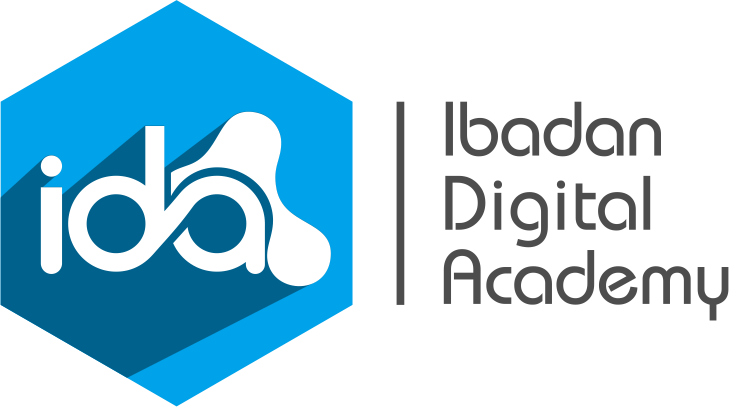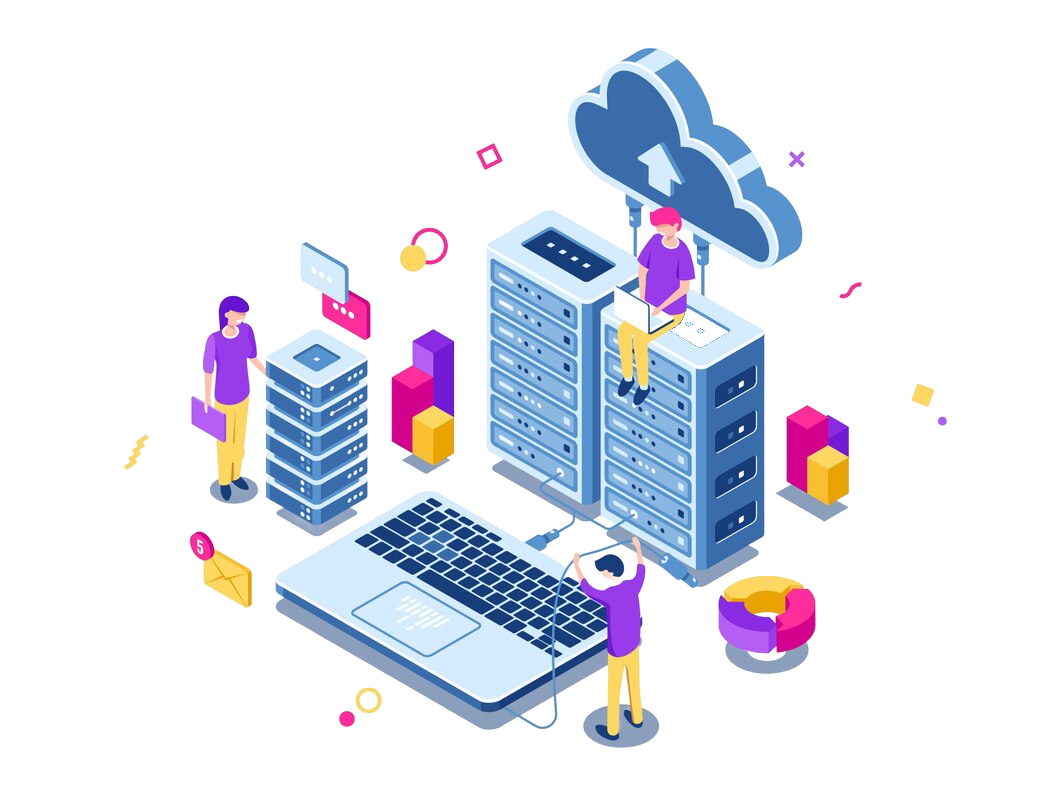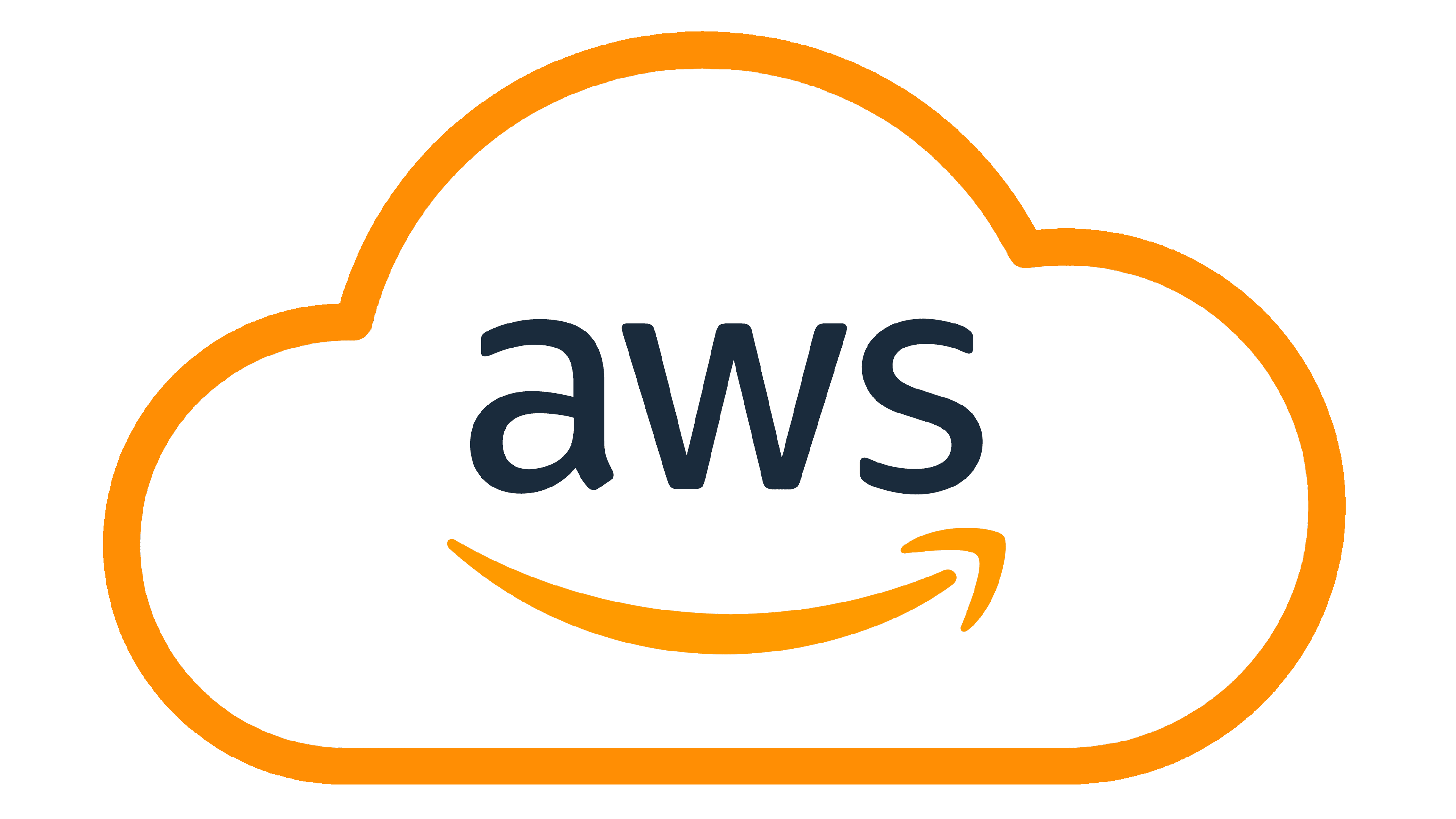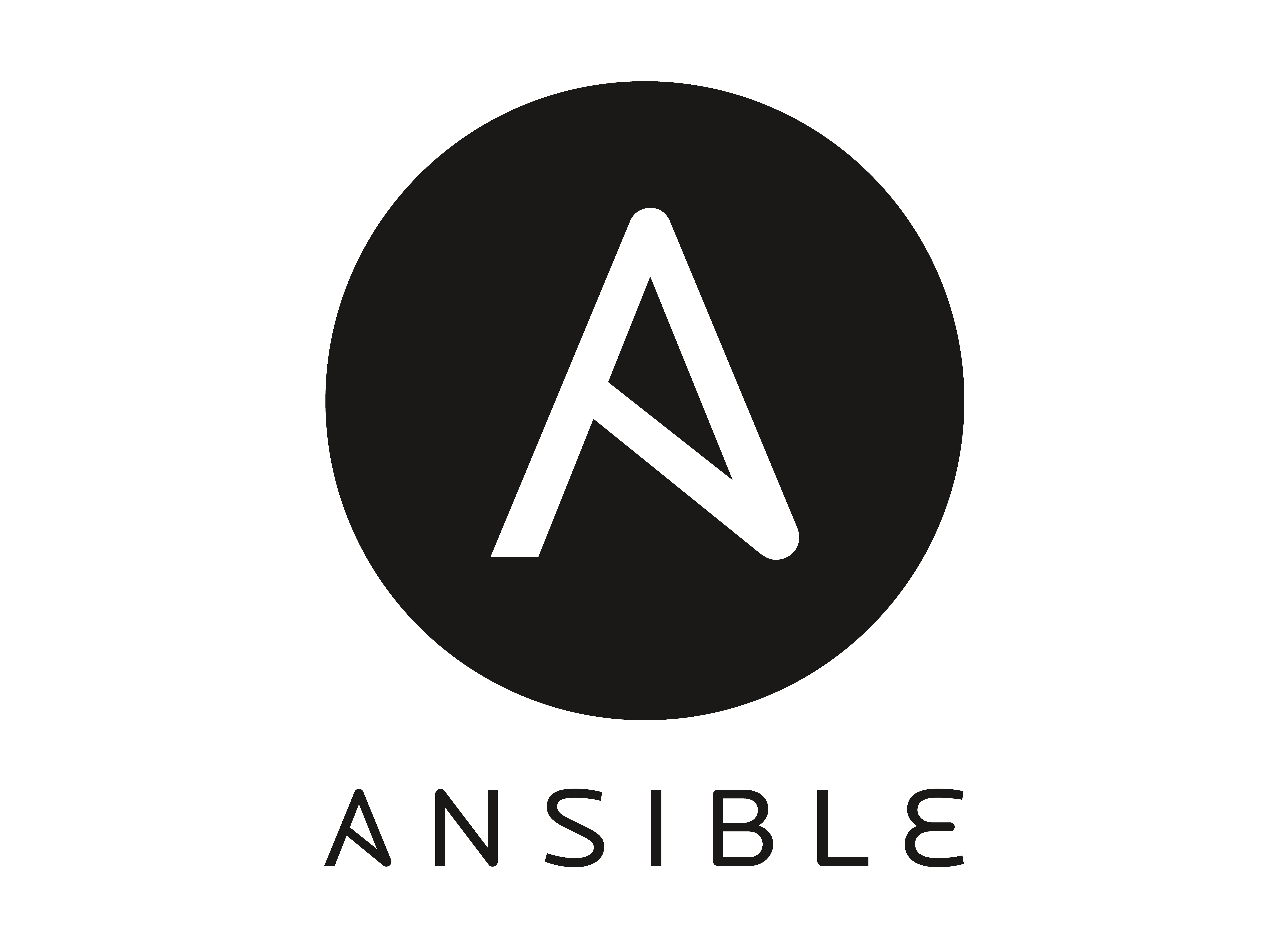12 WEEKS
VIRTUAL &
PHYSICAL
PROJECTS/
ASSIGNMENTS
CERTIFICATION
What You’ll Learn
By the end of this course, you will:
- Master cloud service models (IaaS, PaaS, SaaS) and deployment strategies (public, private, hybrid).
- Develop Linux administration skills, including shell scripting and process management.
- Automate configurations with Ansible and manage services using SystemD.
- Gain proficiency in AWS and GCP for deploying scalable, secure cloud solutions.
- Design and present a capstone project that showcases your cloud computing expertise.
₦240,000
Why Enroll?
Cloud computing is the backbone of modern IT infrastructure, enabling innovation and scalability across industries. At Ibadan Digital Academy, our 12-week Cloud Computing curriculum provides in-depth training on cloud platforms like AWS and GCP, Linux administration, automation with Ansible, and more. This hands-on program equips you with the expertise to design, deploy, and secure cloud-based solutions, preparing you for in-demand cloud computing roles.
Localized Relevance:
Address Nigerian IT challenges in industries like fintech and e-commerce with cloud-based solutions.
Comprehensive Tools Coverage:
Gain hands-on experience with leading platforms such as AWS, GCP, Ansible, and SystemD.
Future-Focused Curriculum:
Learn emerging trends like AI/ML integration and advanced cloud automation.
Portfolio Development:
Showcase your expertise through a capstone project, enhancing your employability.
Career Support:
Access resume reviews, interview preparation, and job opportunities in the cloud computing field.
Cloud Computing Course Outline
Week 1: Introduction to Cloud Computing
- Explore the history, evolution, and importance of cloud computing.
- Learn about service models (IaaS, PaaS, SaaS) and deployment options (public, private, hybrid).
Week 2: Introduction to Linux OS – Basics
- Navigate Linux file systems, execute commands, and manage files.
- Learn basic Linux security practices to protect cloud environments.
Week 3: Advanced Linux Administration
- Manage users, groups, and file permissions.
- Write and execute shell scripts for automation.
Week 4: Version Control with Git
- Learn Git basics, including branching, merging, and repository management.
- Apply collaborative workflows to manage code efficiently.
Week 5: Introduction to SystemD
- Manage services using SystemD’s architecture and components.
- Troubleshoot issues using logs and customize advanced features like timers.
Week 6: Bash Scripting Fundamentals
- Write Bash scripts for task automation.
- Use input/output operators and manage processes effectively.
Week 7: Configuration Management with Ansible
- Automate server configurations with Ansible playbooks.
- Learn Infrastructure as Code (IaC) principles to manage environments.
Week 8: Networking and Protocols
- Understand networking basics, the OSI model, and protocols.
- Diagnose and troubleshoot network issues while applying security best practices.
Week 9: AWS Cloud Services – Essentials
- Work with AWS core services for compute, storage, and databases.
- Build and deploy continuous delivery pipelines and automate tasks in AWS.
Week 10: Google Cloud Platform (GCP) Essentials
- Utilize GCP services, including Kubernetes, App Engine, and BigQuery.
- Deploy scalable applications and manage data pipelines in GCP.
Week 11: Advanced Cloud Automation and Security
- Implement cloud security best practices and automate tasks using SDKs/APIs.
- Design scalable cloud infrastructures with CloudFormation.
Week 12: Capstone Project
- Apply cloud computing knowledge to a real-world challenge, such as setting up a secure, scalable web server.
- Present solutions, including security configurations and project documentation.







